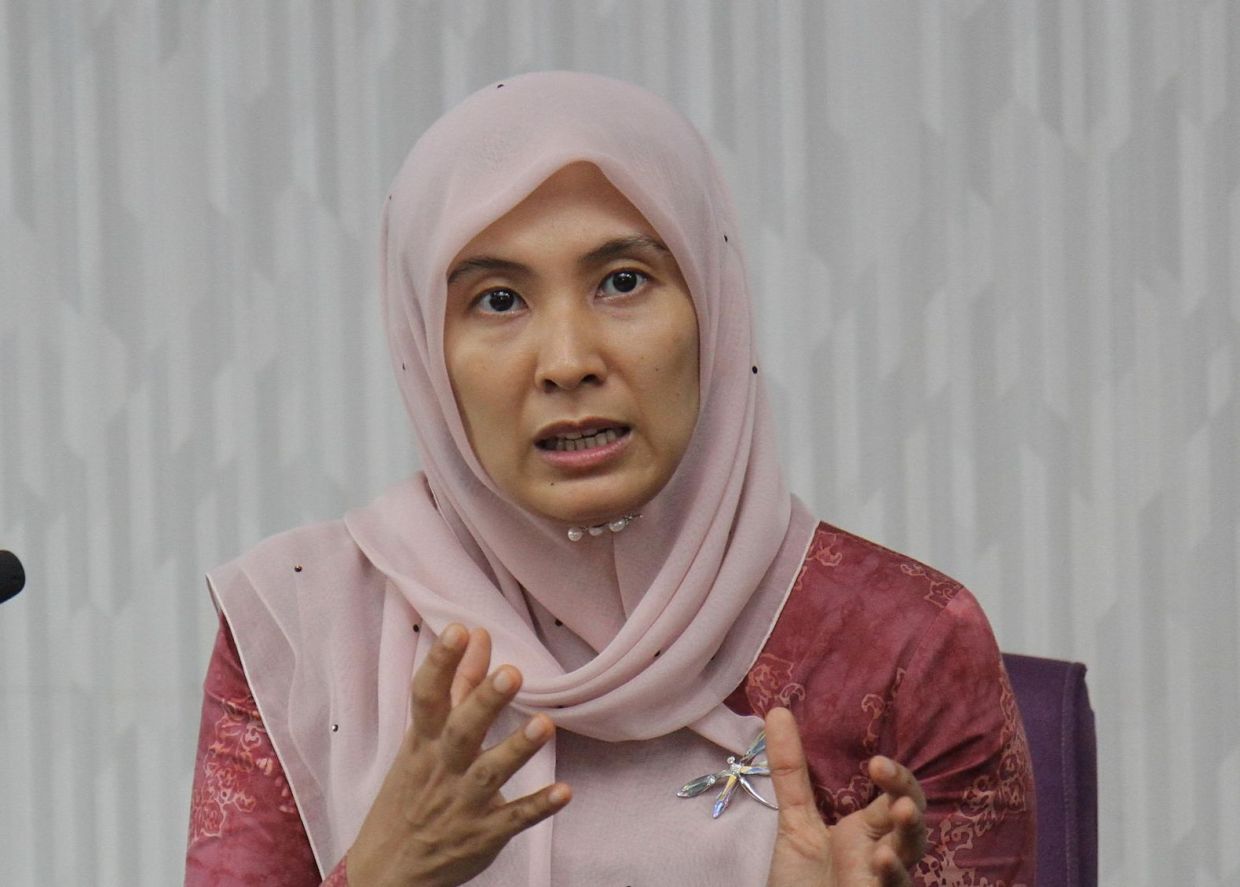WHILE women’s participation in the Malaysian labour force has seen a gradual improvement, the potential remains largely untapped, according to a think tank.
Social Economic Research Initiative (SERI) chairperson Nurul Izzah Anwar said progress is stagnated even after decades of change-making and without a cohesive, intersectoral effort to up-end deep-rooted cultural and non-cultural misconceptions.
“In Malaysia, gender disparity is often systemic, dividing genders, limiting employment decisions, types of industries women participate in, and even caregiving roles,” she noted.
“Data has revealed a trillion-dollar economic opportunity gap for Malaysia. While women’s participation rate has seen a gradual improvement (reaching 51.6% in 2023, according to data from World Bank), this potential remains largely untapped.”
Nurul Izzah said this during her panel session at the Annual Meeting of the New Champions (#AMNC24) in Dalian, China recently, where she drew from her experiences as an MP and policy advocate to discuss implicit, critical issues behind gender inequality.
The former Permatang Pauh MP also presented the results from a Multidimensional Poverty Index (MPI) study she and her team had conducted with economist Professor Fatimah Kari during the COVID-19 pandemic.
The study, which was performed in her former constituency, uncovered deep-rooted challenges behind the entrenched poverty in Malaysia, and prolonged trauma factors that extends beyond income deprivation.
Other factors include inadequate access to education, healthcare, and basic amenities.
“It’s not about income alone. I met kids from socially-deprived homes facing challenges in obtaining quality healthcare and education. My team and I found numerous youths failing exams across the board, leading us to start a community empowerment tutoring programme,” she said.
“In my third term (as MP) we were hit by the COVID-19 pandemic and that’s when I joined forces with Malaysian economist Professor Fatimah Kari to implement a Multidimensional Poverty Index study sampling the low-income household at the height of the pandemic in my then-constituency of Permatang Pauh.”
She further stressed that understanding these dimensions is crucial for formulating effective national policies to improve poverty and inequality.
The need to examine the nuanced contexts within Malaysia, a country heavily stratified by diverse geographies and demographics, should not be overlooked.
Additionally, she called for an intersectoral approach to strengthen the social safety net. She believes that only with combined improvements across economic, social, and environmental factors can we truly provide an equitable and inclusive system to end poverty. – June 28, 2024
Main pic credit: The Star









